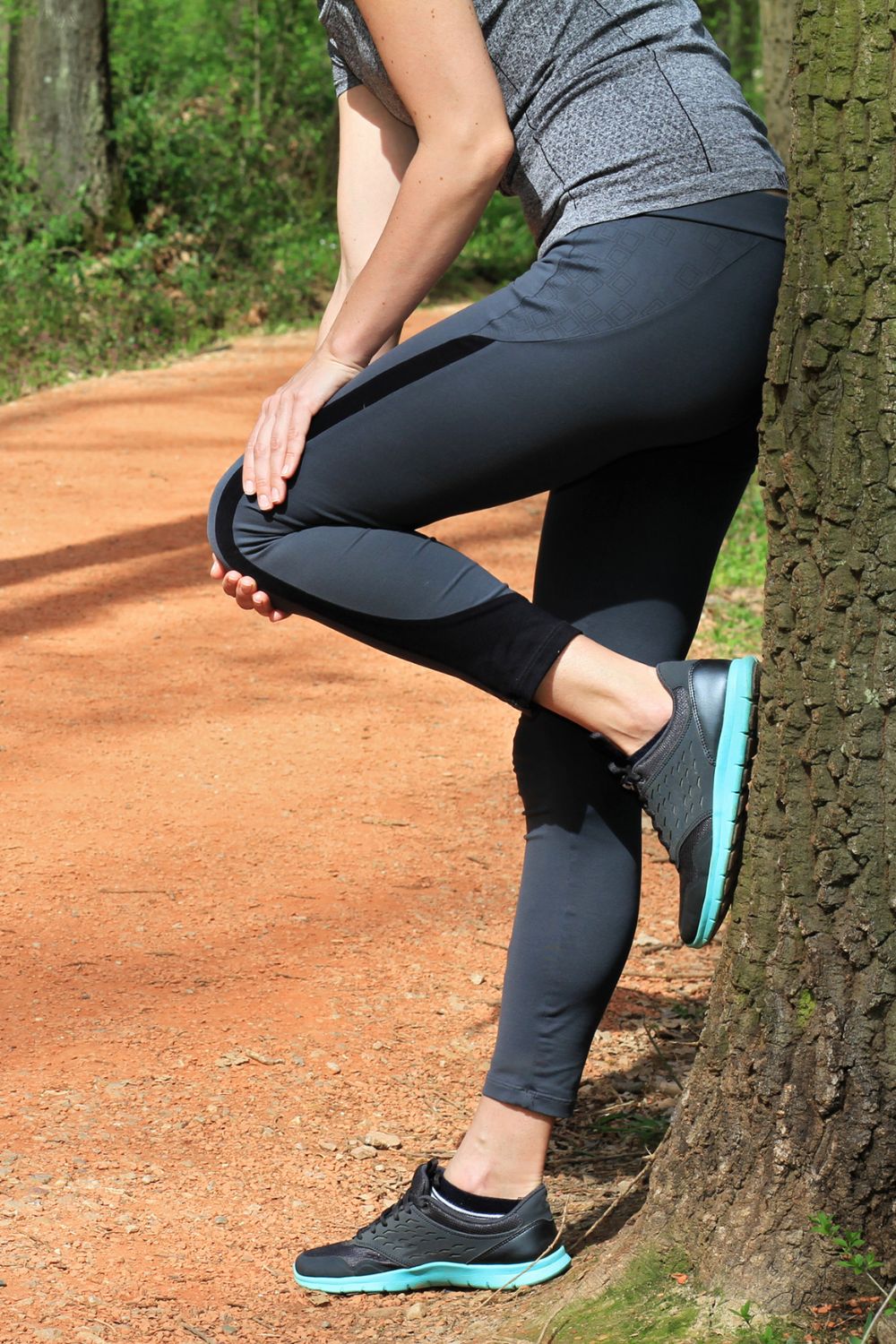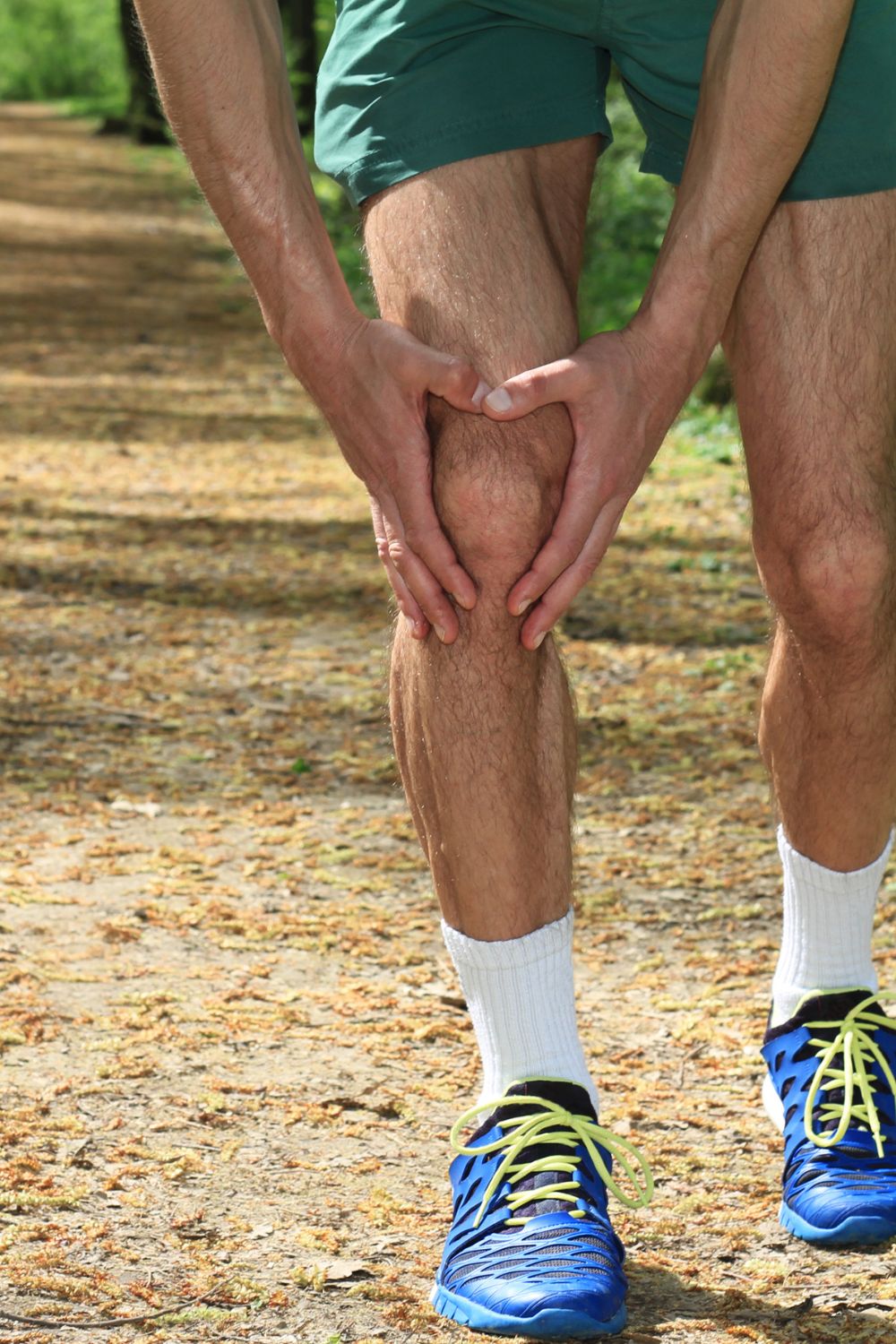s Are you an active adult? Keeping your knees healthy is important. Here are 6 Key Factors in Keeping Healthy Knees for an Active Lifestyle
6 Key Factors in Keeping Healthy Knees for an Active Lifestyle
Nobody wants to slow down, but if your knees are in poor condition it’s exactly what you may have to do. Whether you’re an athlete gearing up for a competition or just someone who wants to remain active and healthy as they age, maintaining strong, healthy knees is a must. Unfortunately, our bodies break down over time and that includes our joints. Even with preventative measures and maintenance care such as stretching regularly, the wear and tear of carrying body weight take its toll on the quality of life during adulthood and in old age.
1. Knee Surgery
Surgery is a common treatment for knee injuries. It can be used to repair torn ligaments and menisci, as well as remove broken or damaged cartilage. There are also surgical options that can help reduce joint pain in the knees, such as arthroscopy, which involves making small incisions in the knee to clean out debris such as calcium deposits or fragmented pieces of cartilage. For example, a revised knee replacement surgery can help improve mobility and reduce pain. While surgery is always a last resort, it may be necessary to restore knee stability and function.
2. Physical Therapy
Physical therapy is a great way to ensure your knee joint remains healthy. Therapists are specially trained professionals who will help you strengthen the muscles in your legs and around your knee. They can also show you exercises that will help improve the range of motion in your knee, reducing pain and improving stability. This is especially important for those with conditions like arthritis or tendonitis.
Furthermore, physical therapists can advise on how to prevent further injury as well as help create a personalized exercise plan that will keep your knee healthy over time.
3. Diet
Eating a balanced diet rich in healthy fats, proteins, and carbohydrates is essential for maintaining joint health. Healthy fats help reduce inflammation that can cause joint pain and swelling. Proteins are key building blocks used to produce collagen and other components of cartilage, which protect the knee joint from wear and tear. Complex carbohydrates provide the energy needed for physical activity, so make sure you get plenty of complex carbs such as whole grains, beans, and legumes.
This will help keep your body fueled and energized. It’s also important to make sure you get an adequate amount of calcium, vitamin D, and other essential vitamins and minerals.
4. Weight Management
Keeping your weight within a healthy range is essential for joint health, as extra pounds put excess strain on the knees. People who are overweight or obese can also experience higher levels of inflammation in their joints and more rapid cartilage degeneration. It’s important to maintain a healthy diet, engage in regular physical activity, and talk with your doctor about developing a weight management plan if you have concerns about excessive body fat. It’s also important to build muscle strength, as muscles provide support and stability for the knees.
5. Supplements
One of the best ways to protect your knees as you age is to take supplements like Vitapost Collagen Complex that support joint health . Omega-3 fatty acids have been shown to help reduce inflammation in the joints and can be found in fish oil, flaxseed oil, and other sources. Glucosamine and chondroitin are two popular supplements that many people take for their knee joint health, as they can help stimulate cartilage growth and repair.
Vitamin D is important for healthy bones and can also be beneficial for your knees. Also, antioxidant supplements such as turmeric and ginger can help reduce inflammation in the joints.
6. Rest and Recovery
The final key factor to maintaining healthy knees is allowing your body sufficient time to rest and recover. While getting regular exercise is important, too much physical activity can be just as detrimental. Overworking your joints without giving them an opportunity to heal can lead to pain, inflammation, and ultimately injury.
Make sure that you are following a good training schedule and planning plenty of rest days for maximum knee health. If you experience any joint pain or swelling, it is important to take extra time off and focus on gentle stretching or exercises that are low impact.
Maintaining healthy knees is essential for an active lifestyle. It’s important to practice preventive measures such as eating a nutritious diet, keeping your weight in check, and following a good exercise routine. Additionally, physical therapy and supplementation can be great tools for protecting your joint health over time. Finally, make sure to give yourself sufficient rest days to ensure your body is able to heal and rebuild. With these tips, you can keep your knees healthy for years to come.


Leave A Reply!